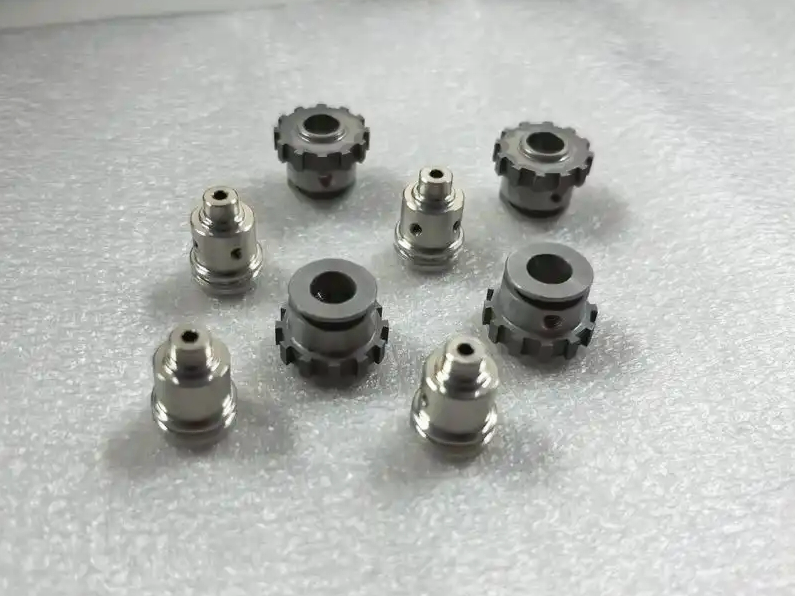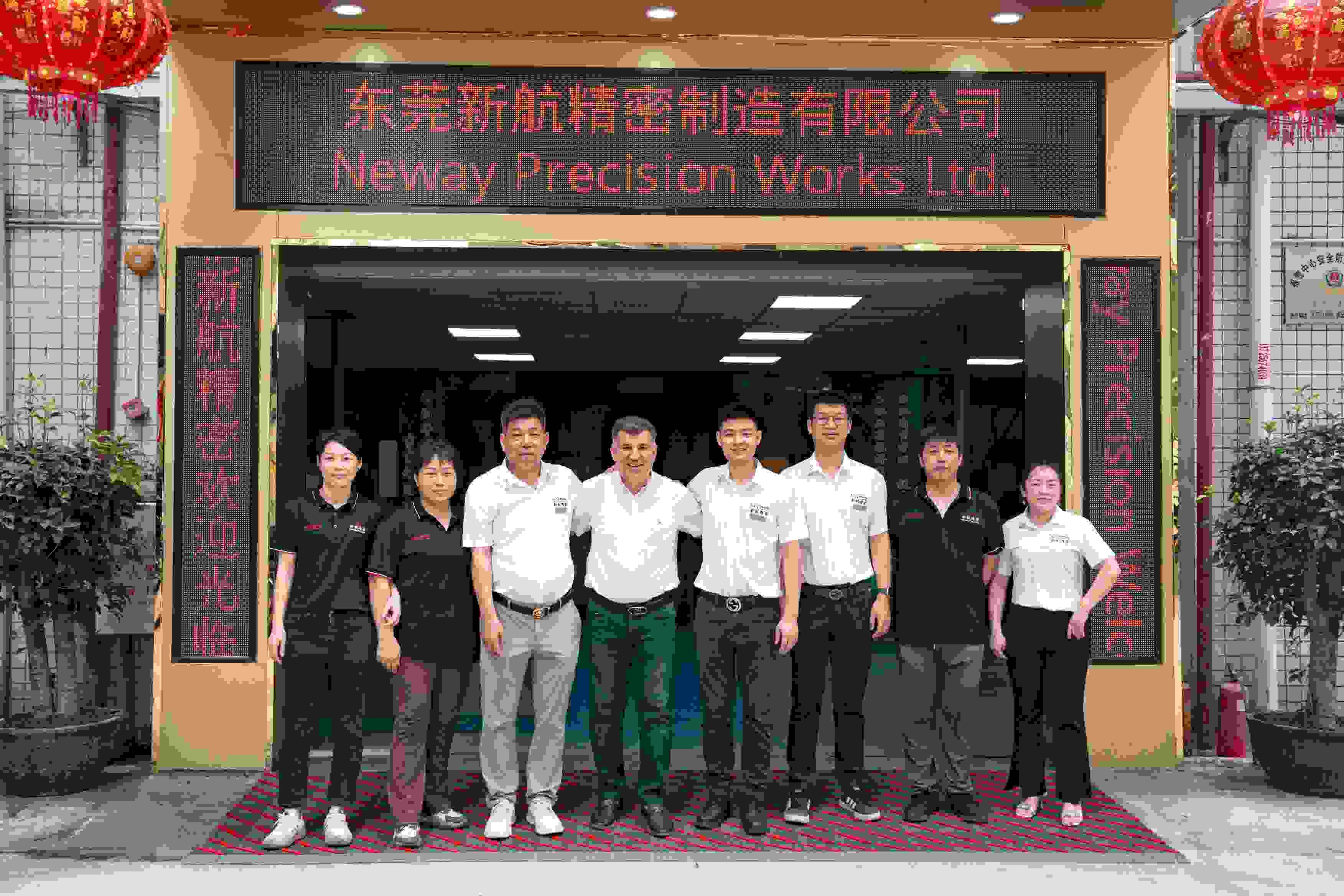Small-Batch Trial Manufacturing for Cost-Effective Product Validation
Introduction
Small-batch trial manufacturing serves as a critical bridge between prototyping and full-scale production. It enables manufacturers to validate product design, test manufacturability, and assess market response—all while controlling costs and reducing risk. At Neway, our low-volume manufacturing capabilities are optimized for rapid delivery, flexible production runs, and high-quality parts tailored for real-world testing and pre-launch evaluations.
Why Trial Manufacturing Matters
Launching a new product involves significant uncertainty. Before investing in mass production tooling and high-volume processes, verifying that the part meets performance, quality, and assembly requirements is essential. Small-batch manufacturing allows teams to:
Test form, fit, and function with production-grade materials
Conduct limited field trials or regulatory certification
Validate manufacturing processes, tolerances, and surface finishes
Gather early customer feedback for product refinement
This iterative approach mitigates design risks and supports smoother market entry.
Process Options for Small-Batch Manufacturing
At Neway, we offer a range of flexible manufacturing processes tailored for small-batch quantities, including:
1. CNC Machining
Ideal for precise, high-tolerance components (±0.005–0.01 mm), CNC machining supports a wide range of materials such as:
A380 aluminum (tensile strength up to 317 MPa, thermal conductivity 96 W/m·K)
C18200 copper alloy (conductivity >80% IACS, hardness ~100 HB)
2. Die Casting (Aluminum, Zinc, Copper)
Our die casting services produce near-net-shape parts in batches as low as 100 units using temporary or soft tooling. Materials include:
Zamak 3 and 5 for dimensionally stable hardware
AlSi12 and A413 aluminum alloys for lightweight structural components
Brass 360 for corrosion-resistant plumbing and fittings
3. Urethane Casting & 3D Printing
For plastic parts, urethane casting using silicone molds allows for short-run production of up to 50–100 units. 3D printing enables even faster turnaround with materials such as PA12, TPU, and ABS-like resins.
Advantages of Small-Batch Production
Aspect | Benefit |
|---|---|
Cost Control | Lower upfront tooling cost; ideal for trial runs |
Speed | Parts ready in 5–15 business days depending on complexity |
Design Iteration | Allows quick feedback loops and rapid redesigns |
Material Verification | Test parts in end-use metals or thermoplastics |
Pre-Market Testing | Supports functional trials, certifications, and launches |
Surface Finishes and Secondary Processes
Even small-batch parts can benefit from full post-processing capabilities, including:
Powder coating and anodizing for enhanced corrosion resistance
Sand blasting and tumbling for improved texture
Post-machining for critical tolerances and assembly features
We ensure every trial batch reflects near-final aesthetics and performance.
Ensuring Production Readiness
Trial manufacturing is also a process validation tool. It uncovers real-world challenges such as:
Warping in thin-wall castings or plastic enclosures
Tool wear patterns and dimensional deviations
Assembly misalignments or fastener fit issues
By capturing these insights, engineers can refine DFM (Design for Manufacturability) and prepare for tooling transitions in mass production.
Real-World Example: EV Battery Housing Trial
A client developing electric vehicle (EV) battery enclosures required a run of 300 aluminum housings for vibration testing, thermal load analysis, and field deployment. Using AC8A alloy, we produced sand cast parts, applied anodizing, and machined final dimensions to ±0.01 mm accuracy. The validated design later transitioned into high-volume die casting production.
Conclusion
Small-batch trial manufacturing offers a cost-effective, low-risk way to test, refine, and validate products before committing to full production. It accelerates innovation, improves product quality, and ensures designs are ready for real-world demands.
At Neway, our integrated prototyping and production capabilities support seamless scale-up—from initial concept to hundreds or thousands of ready-to-market components.
FAQs
What is the typical lead time for small-batch manufacturing?
What materials are suitable for low-volume production?
How does small-batch production help with product validation?
Can surface finishes be applied in trial manufacturing?
What is the minimum quantity required for small-batch orders at Neway?

